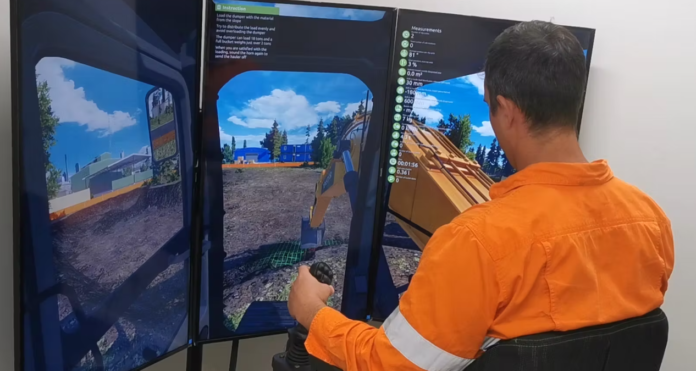Apathy from some senior leaders may be a significant reason why deaths and accidents on New Zealand worksites have not reduced appreciably in the last few years, despite strict legislation.
New Zealand health and safety training provider Besafe Training Ltd general manager Jason Braithwaite says the most common question he gets from workers attending the company’s health and safety programme is: “How do I persuade my boss to implement these safety measures?”
“Safety legislation passed in 2015 has not made a big difference. We still had one person dying a week in 2020, and that’s because legislation is a blunt instrument,” Braithwaite says.
“A good health and safety culture starts at the top but, in our experience, there isn’t very much engagement from business leaders.
“Participation in our senior leadership and management health and safety programmes — targeting SME business owners, general managers and directors — remains at less than 5%, and workers frequently express frustration at the lack of senior leadership engagement.”
Braithwaite says some business decision-makers only send staff on health and safety training programmes — often on a Saturday and Sunday when they should be resting — because they want to avoid penalties and win contracts.
“People with influence in a building or construction company, for example, have a duty of care to their workers. Some take that seriously, but many do not.
“The leadership needs to understand the regulations, how to apply them, and their importance from a business point of view. They do have duties and responsibilities as officers in a business.”
Braithwaite says more needs doing than just legislating health and safety.
• Boss awareness
There are many health and safety awareness and communication programmes across worksites, but almost all target workers and health and safety representatives instead of their bosses.
“A government health and safety communications campaign targeting bosses might make a difference.”
• Make it law
Whilst the Health and Safety At Work Act 2015 stipulates training requirements for Health and Safety representatives, there is no legal requirement for senior leadership and decision-makers to participate in specified health and safety training, but there should be.
“Legislation is a blunt instrument, but maybe it is needed until the bosses can see for themselves the value of better understanding worksite health and safety. Some leaders must stop seeing health and safety as a cost and an inconvenience.”
• Step-up
Braithwaite says he would like senior leaders — business owners, general managers and directors — who take health and safety seriously enough to do the training to step up and influence other leaders to do the same.
“I am a business leader. I know how hard and stressful it is at the top, but we are talking about making sure more people go home to their families at the end of the day. Of all your stresses, the last thing you want is an injury or fatality on your site. Better understanding can make a difference.”
Braithwaite says recent New Zealand Police action targeting company proceeds — using the Criminal Proceeds (Recovery) Act 2009 (CPRA) where a health and safety conviction has occurred — demonstrates that health and safety is also a bottom-line issue with severe consequences.
“Protect your people, yourself and your business. Get more engaged with health and safety. Do the training. Your staff should not have to be the ones trying to convince you about what safety measures to take,” he says.
For more information visit https://besafetraining.co.nz.
• Located in Albany, Auckland, BeSafe is an NZQA and CHASNZ-accredited health and safety training provider that helps companies and students, mostly in the construction sector, take ownership of their time and productivity with a blend of online and practical learning courses.
BeSafe’s wide range health and safety, NZQA-registered courses, particularly those modules delivered online, are designed to ensure that time off the job is minimised, learning maximised, and the necessary skills and awareness ingrained.




